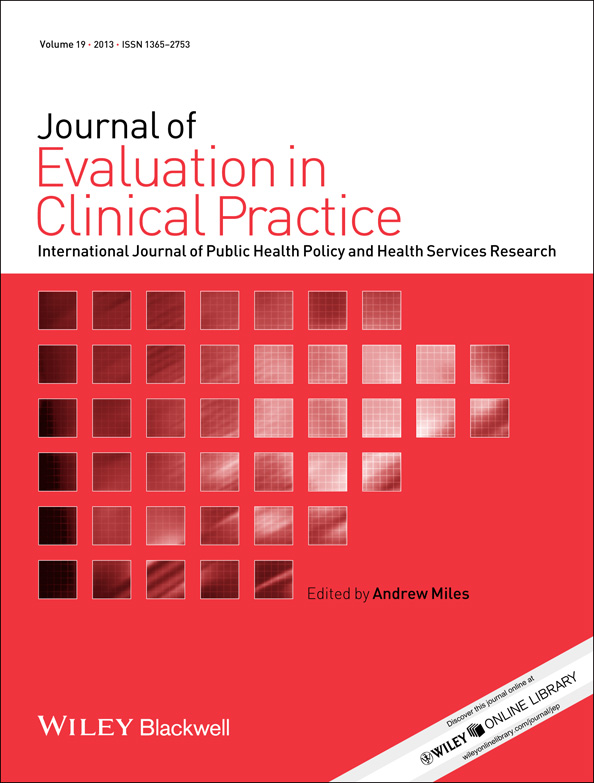Research evidence uptake in a developing country: a survey of attitudes, education and self-efficacy, engagement, and barriers among physical therapists in the Philippines
Abstract
Rationale and objective Use of evidence from systematic research is critical in evidence-based physical therapy, yet this has not been described well in developing countries where its purported benefits are most needed. This study explored research evidence uptake among physical therapists in the Philippines.
Method A probability survey of practitioners in tertiary hospitals in the Philippines' National Capital Region was conducted.
Results Of the 188 questionnaires distributed, 152 were returned for an 81% response rate. Positive attitudes were consistently reported (78–93%), although education and self-efficacy related to key dimensions such as searching, appraising and integrating evidence were varied (53–82%). Less than 50% reported using research evidence routinely in five of six dimensions of clinical practice, except in selecting treatments (53%). Textbooks, own observations and expert opinion were consistently relied upon (74–96%) while average-month approximations of engagement in relevant activities such as searching, reading, appraising and applying research literature were low (10–18%). Participants faced a number of barriers such as lack of time, resources, skills, access to research literature, supporting administrative policies, in-service training and authority in decision making.
Conclusions The low research evidence uptake and heavy reliance on potentially biased evidence sources strongly indicate the need for effective professional education for practitioners to address current barriers as well as early intensive undergraduate education for students to ensure adequate preparation on being effective research evidence consumers. Given the profile of Filipino physical therapists, alternatives to ‘from scratch’ evidence searching and appraisal are required if widespread uptake is envisaged.




